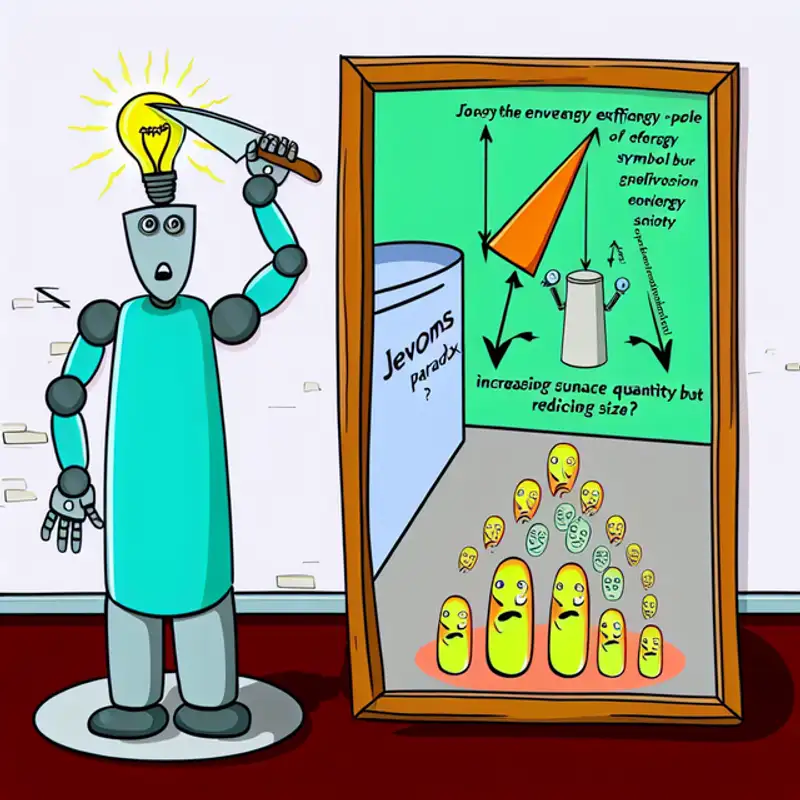 Episode
Episode
· 01:30
The article discusses the implications of the Jevons Paradox in the context of the recent surge in interest and investment in artificial intelligence (A.I.), particularly following the rise of the Chinese startup DeepSeek. Microsoft’s CEO, Satya Nadella, highlighted that as A.I. becomes more efficient and affordable, demand is likely to skyrocket, similar to historical trends seen in resource consumption. Although the emergence of DeepSeek initially caused panic among U.S. investors, some analysts argue it could ultimately boost demand for American A.I. products and chips. The article also reflects on previous examples of the Jevons Paradox, noting both the positive expansions of technology and the associated challenges, hinting at a future where increased A.I. use could lead to both advancements and societal issues.
Key Points:
Listen to jawbreaker.io using one of many popular podcasting apps or directories.